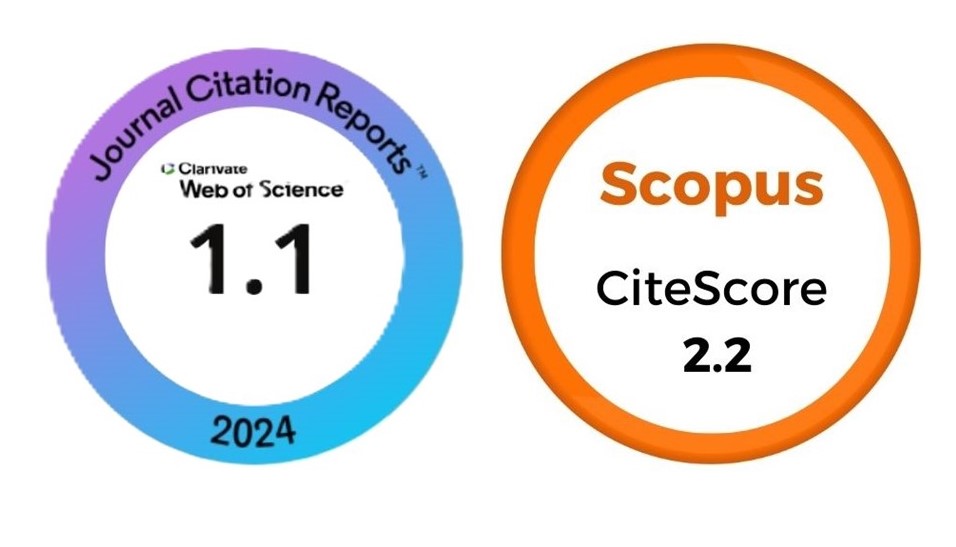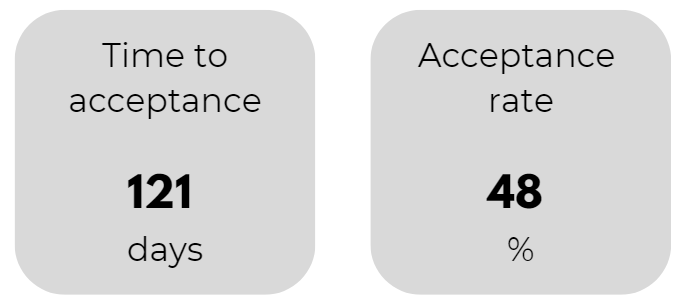Synthetic seeds of a wild passionfruit species with ornamental potential
DOI:
https://doi.org/10.14295/oh.v21i3.752Keywords:
Passiflora cincinnata, sodium alginate, artificial seeds, in vitro culture.Abstract
Passiflora cincinnata is a wild species of passion fruit with a wide geographical distribution. It has vigorous growth, climbing habit and very showy and fragrant flowers. The aim of the present investigation was to obtain synthetic seeds from encapsulated zygotic and somatic embryos of P. cincinnata, cultivated under different conditions. Precotyledonary and cotyledonary stage embryos were obtained from zygotic embryos cultivated on MS medium supplemented with 18.1 μM of 2,4-Acid-dichlorophenoxyacetic (2,4-D) and 4.5 μM of Benzyladenine (BA). Zygotic embryos and somatic embryos stages were encapsulated using sodium alginate (2.5% w v-1) and CaCl2.2H2O (1 mM) as complexing agent. The zygotic and somatic embryos were encapsulated in a matrix containing (I) sodium alginate, (II) sodium alginate + artificial endosperm and (III) sodium alginate + artificial endosperm supplemented with activated charcoal (0.15% w/v). Zygotic embryos encapsulated in the matrix (I), matrix (II) and matrix (III) and cultivated in flasks, germinated at rates of 79%, 76% and 86% respectively. The cotyledonary somatic embryos encapsulated in the 3 different matrices showed better germination rates when cultivated on cellulose plugs, with more than 50% of embryos converted into plants. Precotyledonary somatic embryos did not germinated regardless the matrix and cultivation. When cultivating the alginate beads ex vitro, both substrate Plantmax and Florialite showed low number of germinated embryos, and the best result (12.67%) were obtained using Florialite and embryos encapsulated in the matrix (I).Downloads
Download data is not yet available.
Downloads
Published
2015-12-22
Issue
Section
Scientific Articles








